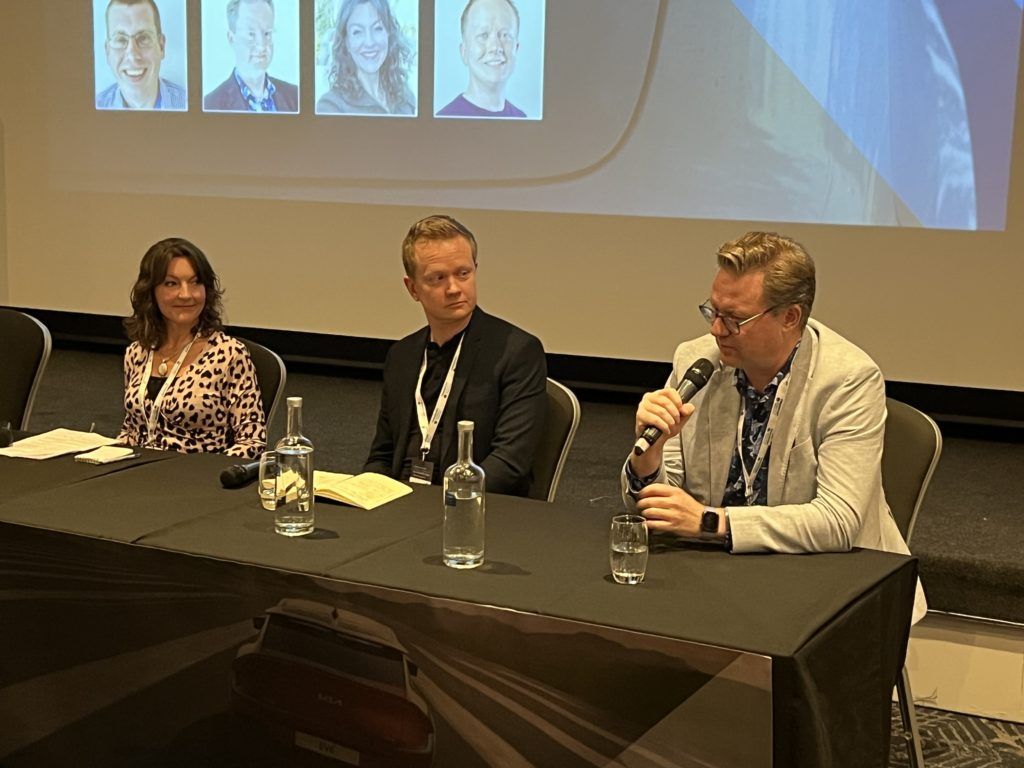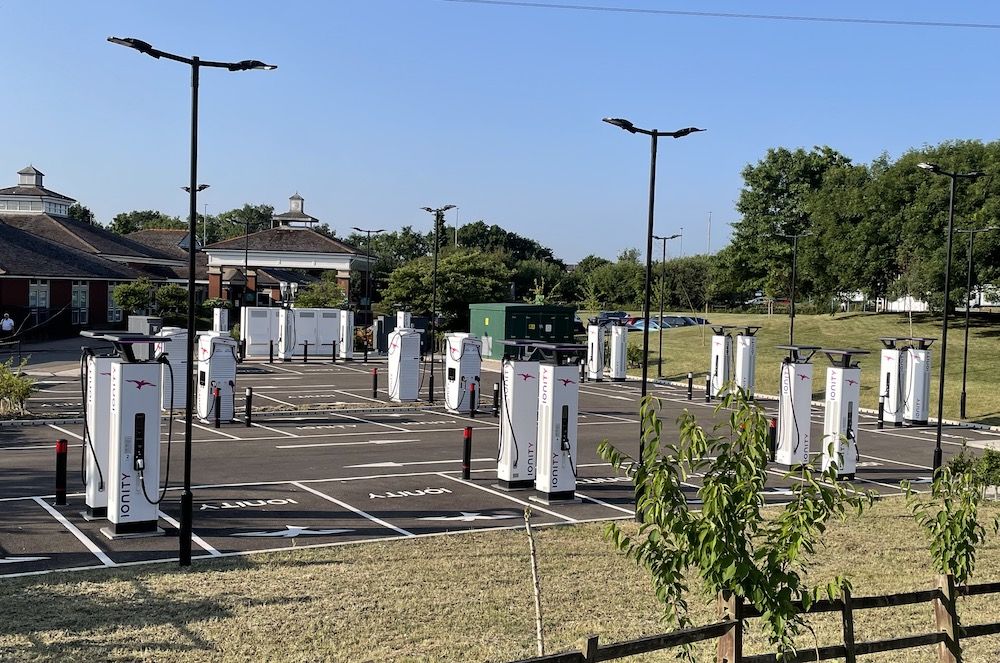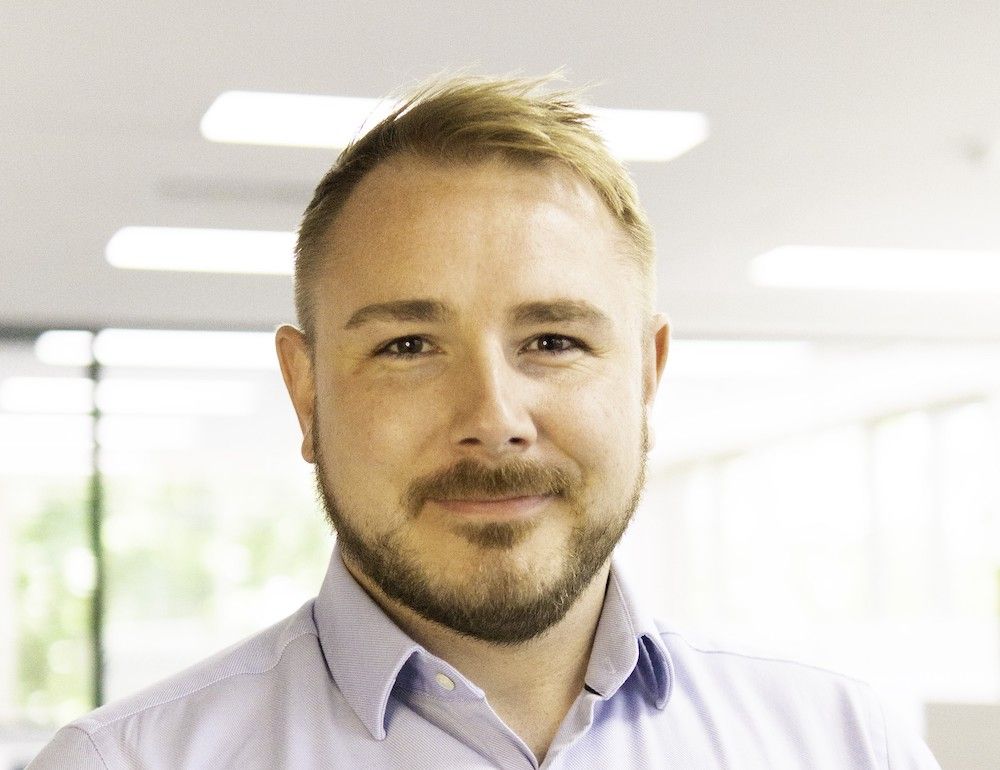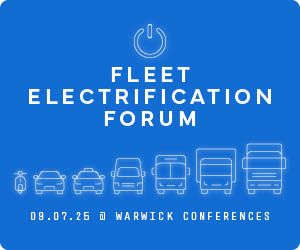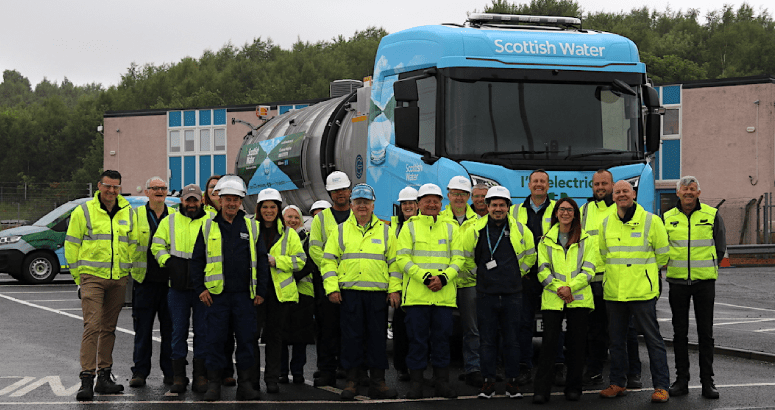By 2030, our children will be playing “I-spy ICE vehicles”, Gill Nowell from LV= ElectriX has told the “Taking Action to Decarbonise Now” event, in a positive view of the future of the transport and energy industries.
“The vast majority of our power will come from decentralised renewables – wind, solar, hyrdo and hopefully tidal – with smart homes and offices,” the insurer’s Head of EV Communications commented in a debate at the Transport + Energy Forum in Birmingham.
Fellow panellist, Mark Constable, who is Head of Business Development at Trojan Energy called 2030 a “Milestone date in our industry” and that as we move towards that date, “as sustainability takes a grip we need to change our behaviour to eat less meat, fly less, buy fewer clothes”.
He explained that he believes many of the projections of our facilities may be wide of the mark. “Infrastructure doesn’t get built to what we need, but what we want,” he commented. “Our estimates are based on what we’re doing now, rather than what is demanded. It’s the consumer who will shape what happens.”
The panel looked at what their own businesses are doing to decarbonise now. Gill Nowell said that LV=, and its parent Allianz, are committed to Net Zero by 2030 and are committed to reducing its emissions by 70% by that date. “So our corporate car fleet will be all-electric by 2030 and 100% renewable energy by 2023,” she explained. “We are also asking all our global suppliers for a public commitment to Net Zero. LV= was the first insurer to have an electric policy in 2019 and in launching a one-stop shop for electric vehicles in our business ElectriX.”
Mark Constable added Trojan was started by four oil and gas engineers, so we use technology derived from that industry and they decided they would be part of the solution, not part of the problem.
Tom Hurst, UK Country Manager, Fastned predicts more collaboration. “Our job is to provide freedom for EV vehicles, helping people make that leap to EV, that it’s do-able,” he said. “We provide visible infrastructure, powered by renewable energy to get people on the road as soon as possible. The priorities are to do everything as quickly as possible. Ask yourself ‘is this going to make a difference?’ and if it does, go in two-feet first.”
Gill Nowell said the industry must understand what can deliver the most impact and provide that. “Not just in meeting regulatory targets but how can we go above and beyond,” she said. “We need to make sure that whatever sector we are in, we have senior stakeholder buy-in to make things happen.”
Regarding myths, Gill talked about the myth was that charging at home is more expensive than filling up your car with petrol, while Tom talked about the myth that there is a very limited charging infrastructure. Mark talked about the idea that electric vehicles cannot cope with water. The panel agreed the messaging and education needs to be reinforced and increased.
Meanwhile, Mark Constable reminded the room that as recently as 2013, making a profit from electric vehicle charging was actually illegal, in order to stop landlords from profiteering. He said the industry should look for other anomalies and make sure the are looked at and changed as required.



